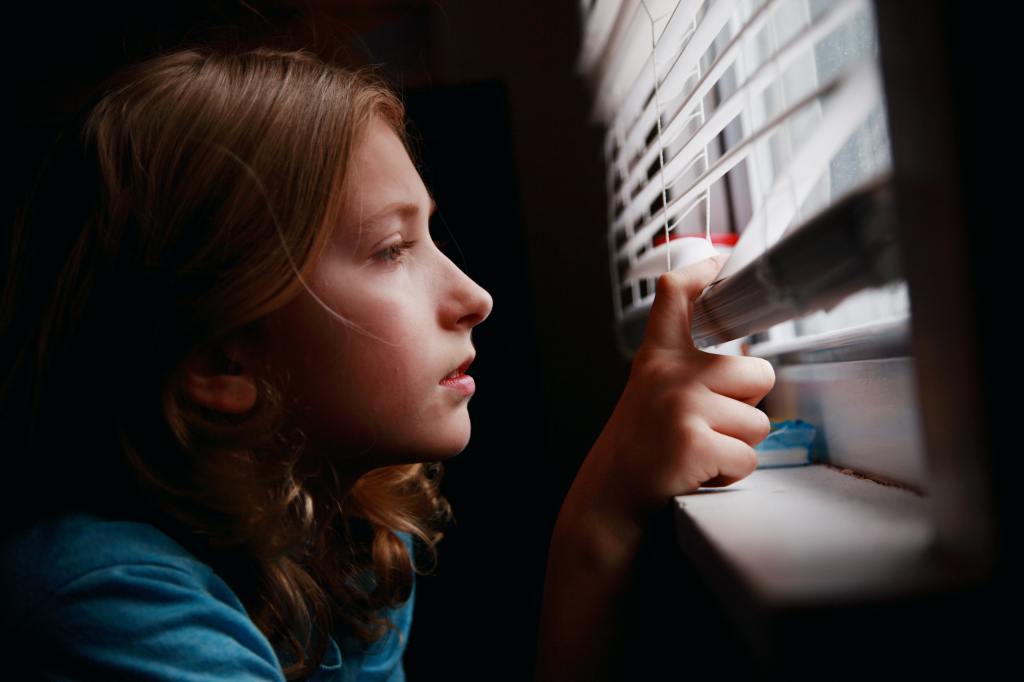by Natalia Iwanek

As calls for isolation due to the threat of COVID-19 escalate, I find myself fielding inquiries about how to handle this situation. Although I cannot claim any sort of expertise, my freelance career and health issues have given me a fair bit of practical knowledge. Although their seclusion may not be as extreme as mine, other freelancers also have an advantage in this situation. We are accustomed to working alone. The following tips are for all of us, but especially for those who are new to isolation.
- This will pass. In the meantime, remember that human beings adapt very quickly—even if we find the situation unbearable at first. We are incredibly resilient in the face of adversity and incredibly capable, and somehow we do survive, even if we are a bit worse for the wear. Knowing that this isolation is protecting those most vulnerable in society—including those who are young, elderly, chronically ill, immunocompromised, and immunosuppressed—is also incredibly important to remember.
- Establishing a routine is crucial, including waking up at regular hours, showering, and getting dressed. Setting daily, weekly, and monthly goals in order to feel a sense of accomplishment, no matter how minor, helps the days pass quickly and gives us something to look forward to. Goals could include educational and professional development. Many schools are now offering online courses, with some offering entire certificates, diplomas, and degrees. Editors Canada webinars are also great for advancing professional goals.
- Remember that this is an incredibly difficult situation, so don’t be too hard on yourself. Binge-watching your favourite shows while eating junk food in pyjamas is also a perfectly acceptable form of self-care. Society often bases our worth on our productivity. So while I suggest using the time saved commuting to learn new skills, don’t forget to indulge in hobbies, simply for fun. I make terrible collages, watch telenovelas, and bake bread, and I am teaching myself the basics of Arabic, for no other reason than that I enjoy these activities. Editors are often voracious readers with no time to read. Use this time to work your way through that “to-read” pile.
- Maintain a sense of community by keeping in social contact through phone calls, text messages, networking groups, Zoom meetings, and Skype conversations. Renew relationships with those in your household and spend time with your pets. Our busy lives keep us isolated; we can use this time to make meaningful connections. For those missing cultural activities, various worldwide museums now offer virtual tours and some artists are even offering free online concerts.
- For those who are struggling, reaching out is imperative. Online counselling is available, as well as forums, chat groups, and guided meditation apps. Keeping as active as possible is equally important for mental health. Although it is still possible to go for secluded hikes along trails and lakes, creating a small exercise space at home, with yoga mats and foam rollers, is another option.
- Now more than ever, we need to recognize our social interdependence, instead of solely focusing on our individual needs. Self-care can mean community care as well. Freelancers often have the privilege of setting their own schedules. For those of us who are able and whose schedules permit it, consider checking on vulnerable neighbours and offering assistance with tasks such as grocery shopping and picking up pharmacy prescriptions. Many Torontonians are currently creating community groups to help acquire and deliver essentials, especially given the shortages—such as of baby formula and toiletries—caused by hoarding.
- Self-care might also mean reassessing our values and trying to better understand this rapidly changing world and the people who live in it. Each of us can take the time to acknowledge our privileges—for example, the ease with which many Canadian citizens have crossed borders—and how quickly these privileges can be taken away. Consider also how quickly Canadian companies and educational facilities have converted to online work in light of the crisis, while those who cannot work traditional jobs or attend traditional schools have been asking for these accommodations for decades.
For many, this experience of isolation will be finite, while for others it will continue. Perhaps, as the ultimate in self-care and community care, we, as a society, can come away from COVID-19 with increased compassion and empathy for those who live in isolation daily, including those in the editing community.
Natalia Iwanek is a Toronto-based editor and writer. She specializes in article and blog writing, copy editing, and proofreading.
This article was copy edited by Summer Cowley.
